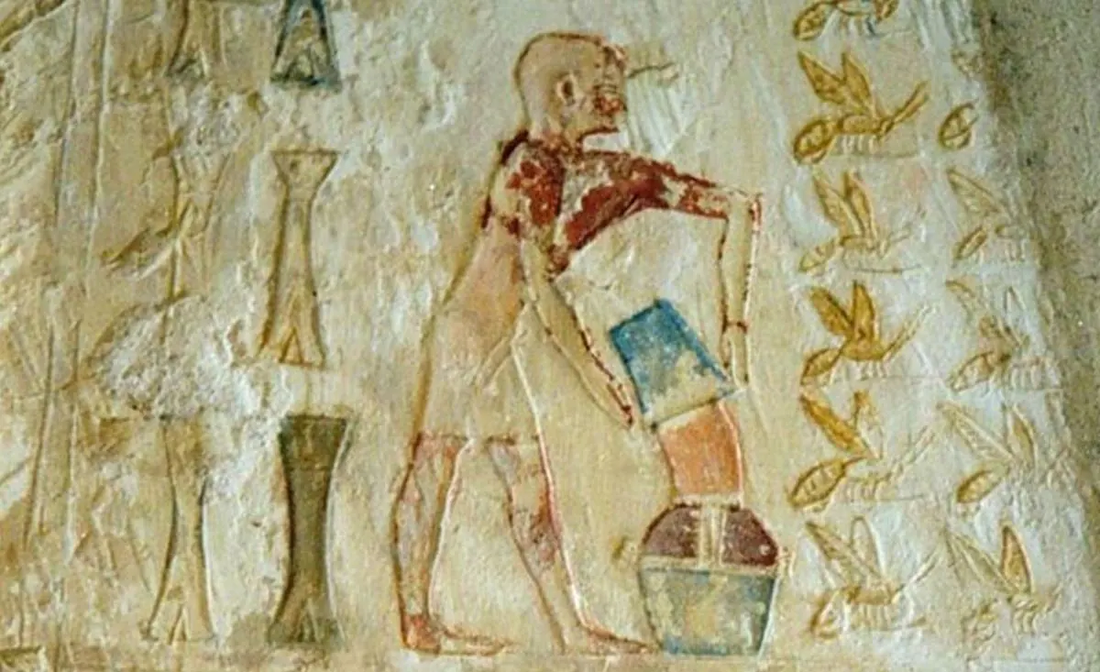Introduction
Honey is often praised as a timeless food, celebrated for its incredible longevity. Many people believe that honey never goes bad, and it’s frequently referred to as “eternal food.” But what makes honey so enduring? In this blog, we will explore the science behind honey’s remarkable preservation qualities and why it can last indefinitely without spoiling.
1. Natural Composition
Honey’s longevity is deeply rooted in its unique composition. Here’s why honey stands the test of time:
a. Low Water Content
Honey’s low moisture content creates an inhospitable environment for most microorganisms. With water content typically less than 20%, honey is too dry for bacteria and mold to grow.
b. High Acidity
Honey has a naturally acidic pH, usually ranging from 3.2 to 4.5. This acidity further inhibits the growth of harmful bacteria and yeast.
c. Natural Preservatives
Honey contains hydrogen peroxide, a natural antiseptic. This compound is produced when honey is mixed with an enzyme called glucose oxidase, which helps prevent the growth of microorganisms.
2. Hygroscopic Nature
Honey is hygroscopic, meaning it absorbs moisture from the air. This property can help to draw moisture out of potential contaminants, creating an additional barrier to spoilage.
3. Natural Antibiotic Properties
Some honeys, such as Manuka honey, possess strong antibiotic properties. These are due to compounds like methylglyoxal (MGO) that can combat infection-causing bacteria and contribute to honey’s longevity.
4. Historical Evidence
Honey’s enduring nature is not just a modern discovery. Archaeologists have found pots of honey in ancient Egyptian tombs that are over 3,000 years old and still perfectly edible. This historical evidence demonstrates honey’s remarkable ability to resist spoilage over millennia.
5. Proper Storage
While honey is incredibly stable, proper storage can enhance its shelf life. Keep honey sealed in an airtight container and store it in a cool, dry place. Avoid exposing it to excessive heat or direct sunlight to maintain its quality.
Conclusion
Honey’s reputation as an eternal food is well-deserved, thanks to its low water content, high acidity, natural preservatives, and unique properties. Understanding these factors helps us appreciate why honey remains a timeless and valuable food source. Next time you enjoy a spoonful of honey, you can be confident in its incredible ability to stand the test of time.

